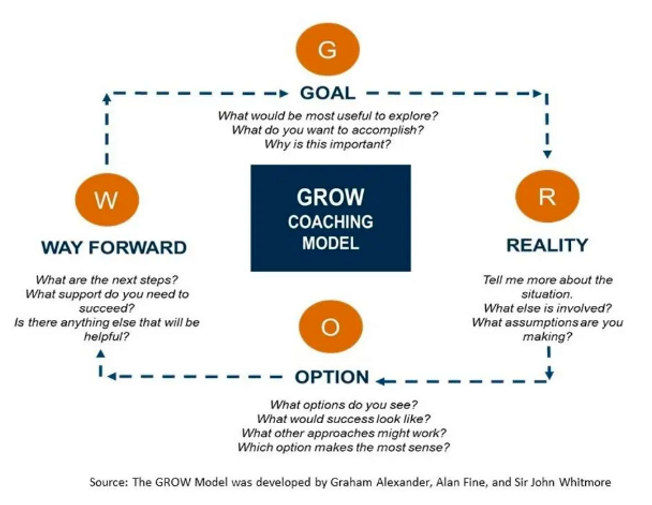Have you ever worked in your dream job but had a bad manager? If so, you’ve probably experienced the following situations:
- They turned your dream job into something you hated.
- They made everything more complicated for you.
- It took a lot of effort to stay motivated.
- They negatively impacted both your professional and personal life.
- You ended up quitting the job you once loved.
The Gallup organization, a management consulting company, says: “A talented employee may join a company because of its charismatic leaders, generous benefits, and world-class training programs, but how long that employee stays and how productive they are while there is determined by their relationship with their immediate supervisor.”
Companies spend big money on beautiful offices, fair and equitable salaries, and cutting-edge technology. However, if an employee feels they need a better manager, all these other factors are diminished because they will struggle to stay productive and motivated.
6 Tips to Improve Your Managerial Skills
1. Regular Performance and Development Conversations
Employees must believe their manager cares about their well-being and professional success in order to have a healthy, supportive relationship. The only way a manager can achieve this is by investing their most precious resource: time. They must also be open to listening in order to better understand goals, strengths, weaknesses, perspectives, and ideas. These ongoing conversations allow managers to establish a culture where employees feel valued, safe, empowered, and motivated.
2. Set Clear and Meaningful Goals
Meaningful goals are critical for maximizing performance. Creating clarity of expectations may be the most essential role of a manager. These are the 3 types of goals employees need to thrive:
- Team goals: Shared goals are what make a team a team. With unifying goals, teams can collaborate and build strong relationships.
- Individual goals: Employees need clear personal goals aligned with team goals. Achievable, meaningful goals are the foundation for engagement and performance.
- Individual priorities: Too often, employees feel overwhelmed by the constant bombardment of urgent issues that consume most of their time and energy, leaving them struggling to find “extra” time to work on their role’s most important responsibilities. The harsh truth with this mindset is: if everything is a priority, nothing is a priority. For employees to perform at their best, managers must ensure alignment so employees can focus on the right priorities.
3. Healthy Delegation
Effective managers constantly evaluate their time and delegate tasks others can handle. The most effective managers don’t delegate because they consider tasks “beneath them” or themselves “too important,” but because those tasks are no longer their responsibility. They know that if they focus on activities others can do, they’ll neglect the important tasks their employees depend on them to complete.
To delegate effectively, leaders must first evaluate how they currently spend their time and identify activities unnecessarily taking it up, so they can shift focus toward the more strategic aspects of their role. The following questions can help leaders clarify their priorities.
4. Feedback Conversations
Few things accelerate individual performance as much as receiving constructive feedback on tasks and behaviors. Research from Officevibe highlights why feedback is vital in the workplace, even though it can be difficult for both givers and receivers.
5. Coaching Conversations
Most leaders are promoted to their positions because of their problem-solving skills and ability to make things happen. However, it’s important for leaders to understand that their success is no longer determined by being the main problem-solver. Instead, it’s about empowering others, developing employees, and building trust to ensure the team’s long-term success. Coaching is a crucial tool for leaders to make this mindset shift.

6. Addressing Bad Employee Behavior—Even From Top Performers
When a leader doesn’t address the bad behavior of a star employee, it sends a message to the team that achieving results matters more than maintaining values, relationships, and ethics. Studies have shown that the more valuable an employee’s work is to the organization, the more likely leaders and coworkers are to overlook questionable behavior.
Conclusion
It’s crucial for companies to prioritize selecting and developing effective managers who are accountable for their actions. Managers play a fundamental role in creating a positive work environment where employees feel valued, connected, and empowered to do their best work.
They can help foster a culture of collaboration, open communication, and professional growth. Effective managers also have the ability to quickly and effectively identify and address problems, which can help prevent conflicts and boost overall productivity.
By investing in strong management, organizations can create a workplace where both employees and employers thrive.



